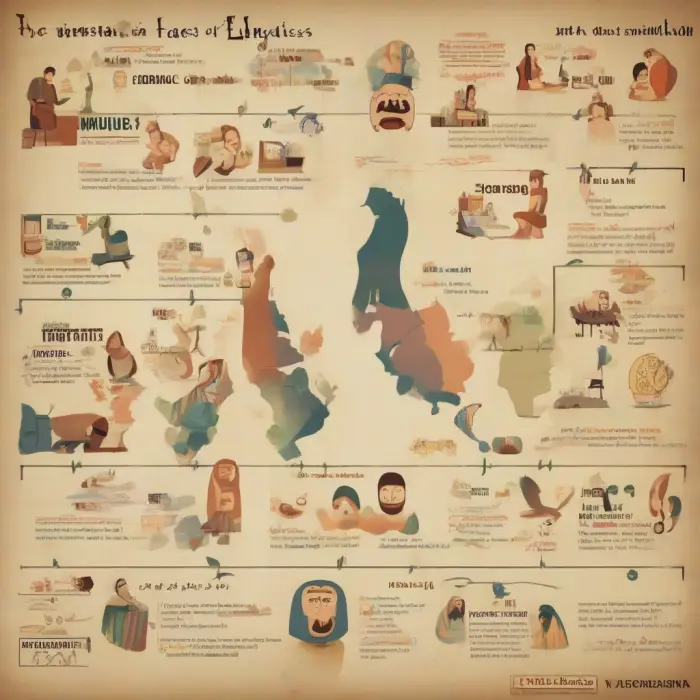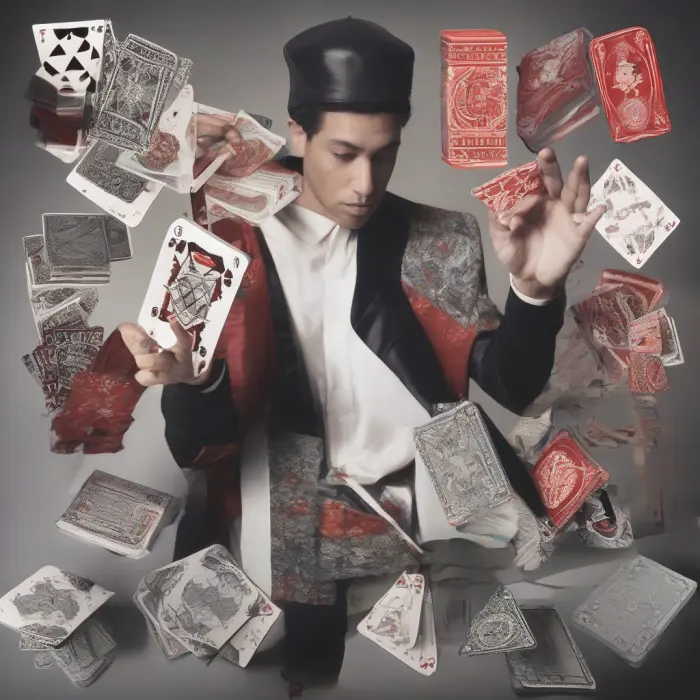Unusual Facts About the History of Board Games
When we think of board games, it's often modern games like 'Monopoly', 'Cluedo', or 'Settlers of Catan' that springs to mind. But the history of board games dates back over 5000 years and is scattered with many unusual and intriguing facts. Here, we delve into some of the most fascinating ones.
The Oldest Known Board Game
The distinction of the oldest known board game goes to Senet, originating from ancient Egypt nearly 3500 BC. Senet, which translates to 'passing game', was first depicted in a fresco found in Merknera's tomb. There's even a game board preserved in the tomb of King Tutankhamen. However, the original rules have been lost to history.
The First War Game
Long before 'Risk' or 'Axis & Allies', there was 'The Royal Game of Ur', a strategy race game that was first played in 2500 BC. Players would take turns moving pieces around the board and a roll of dice would determine the pieces' movement. The real strategic challenge lay in deciding the most optimal moves.
Chess's East Indian Origins
Many may be surprised to discover the origins of chess. Invented in East India during the Gupta Empire, the early form of chess, known as 'Chaturanga', was a four-player war game simulating the infantry, cavalry, elephants, and chariotry, the divisions of the Indian army.
The Cultural Influence of 'Go'
Renowned as one of the oldest board games still being played to this day, 'Go' has been enjoyed in China for more than 2,500 years. It's not just a game, but also has significant cultural and artistic implications, appearing frequently in paintings and books throughout Chinese history.
The Prohibition of Board Games
Board games have not always been regarded as harmless fun. A number of board games were banned in medieval England, the Church believing they were a gateway to trouble, gambling, and idleness. Even chess, now seen as a game of intellectual prowess, was once prohibited.
Monopoly's Lesser-Known Origins
Monopoly, a classic within the board game world, was once a tool for teaching economics. Originating from 'The Landlord's Game' created by Elizabeth Magie, it was designed to demonstrate the negative aspects of land monopolies. Parker Brothers bought her patent in 1935, transforming it into the game we now know as 'Monopoly'.
These are just a handful of the unusual facts hidden in the rich tapestry of board game history. From their ancient beginnings to their development into valuable teaching tools, board games possess a remarkable and underestimated history, reflecting changing cultures and evolving societies.










